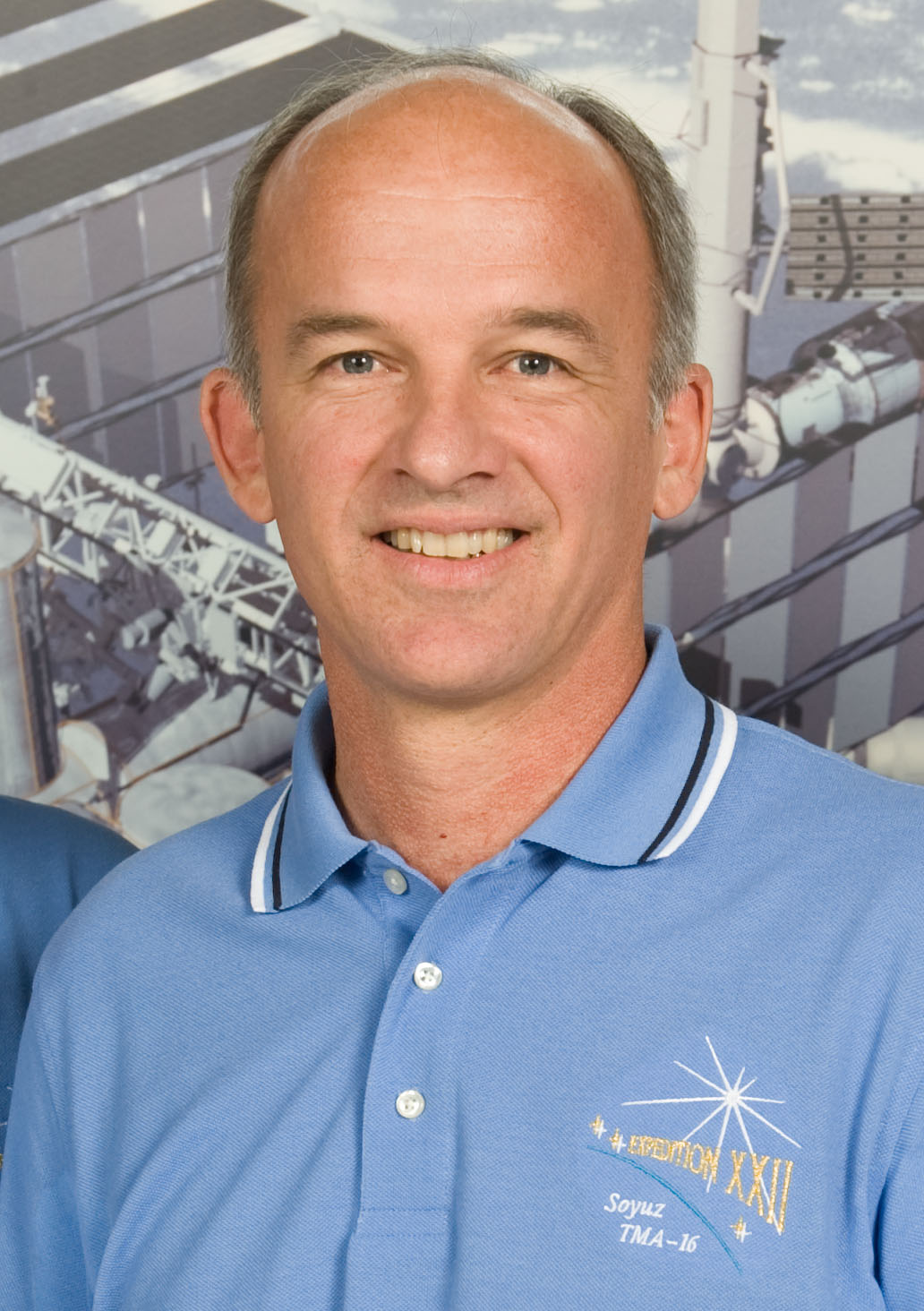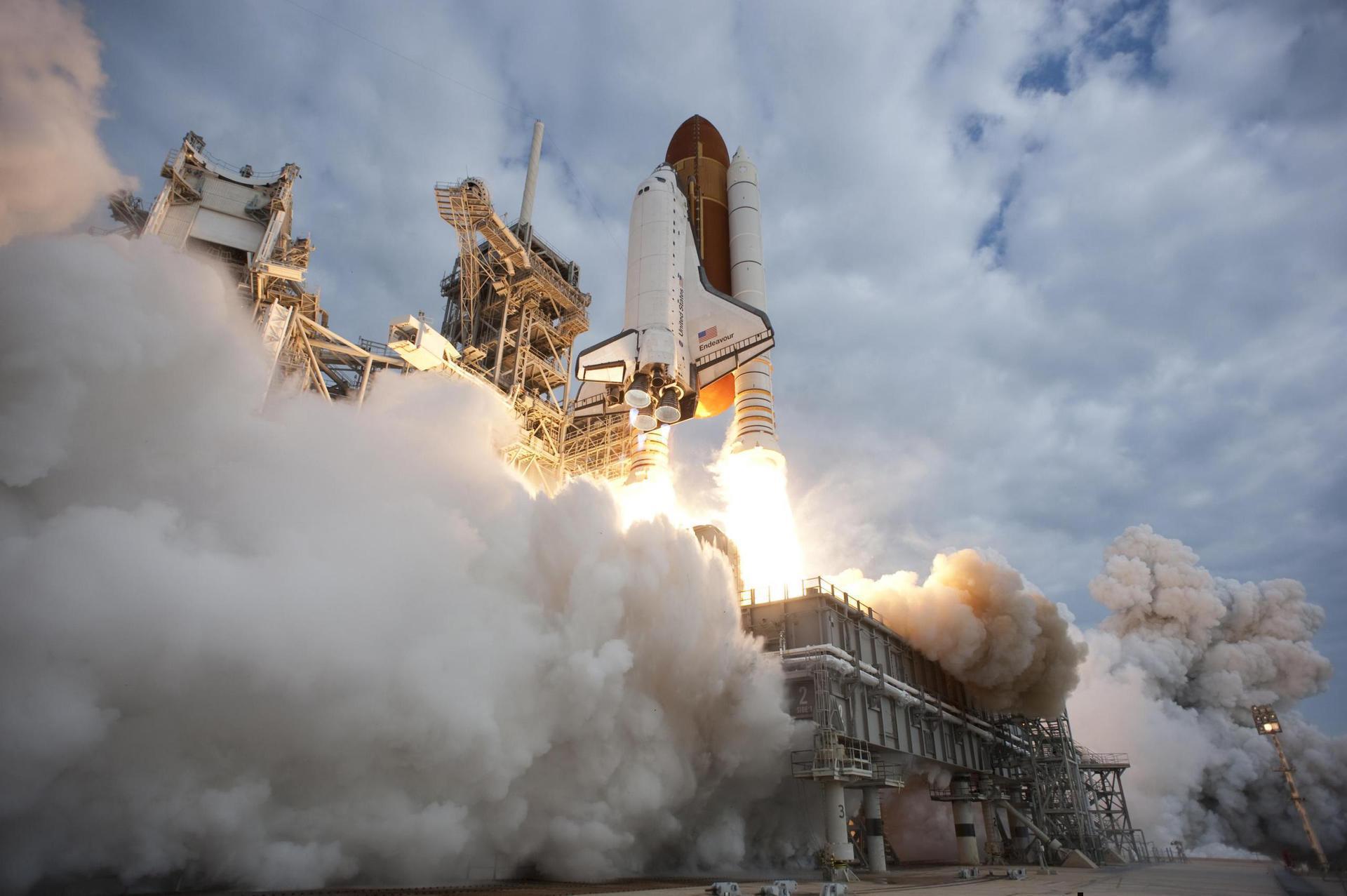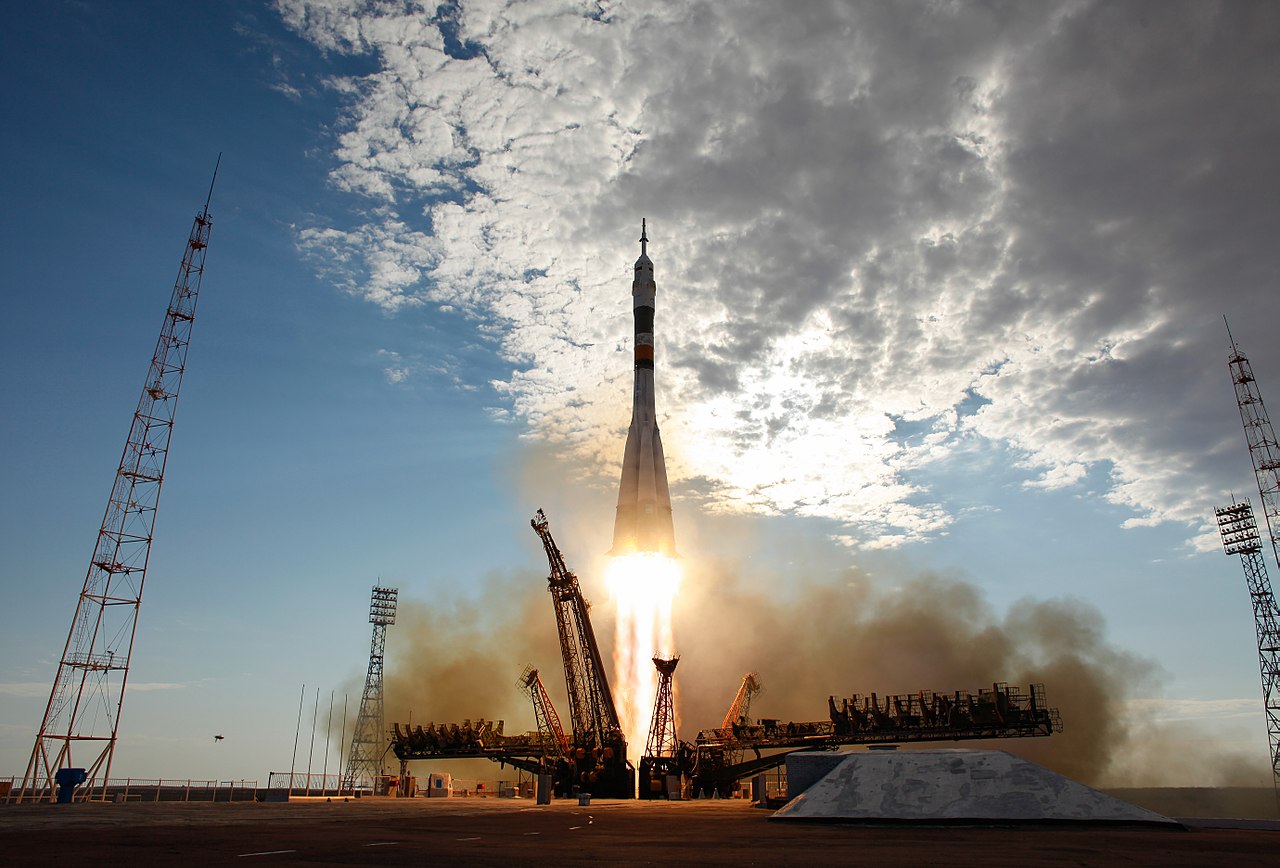Jeffrey Williams
American - (NASA)
Active
Date of Birth: Jan. 18, 1958
Age: 68
Jeffrey Nels Williams is a retired United States Army officer and a NASA astronaut. He is a veteran of four space flights and formerly held the American record for most days spent in space, which was surpassed in April 2017 by his colleague Peggy Whitson.
Space Shuttle Atlantis / OV-104 | STS-101
National Aeronautics and Space Administration | United States of AmericaKennedy Space Center, FL, USA
May 19, 2000, 10:11 a.m.
Status: Success
Mission:
STS-101 was a Space Shuttle mission to the International Space Station (ISS) flown by Space Shuttle Atlantis. The mission was a 10-day mission conducted between 19 May 2000 and 29 May 2000. The mission was designated 2A.2a and was a resupply mission to the International Space Station.
Low Earth OrbitSoyuz-FG | Soyuz TMA-8
Progress Rocket Space Center | RussiaBaikonur Cosmodrome, Republic of Kazakhstan
March 30, 2006, 2:30 a.m.
Status: Success
Mission:
Soyuz TMA-8 begins Expedition 13 by carrying 3 astronauts and cosmonauts to the International Space Station. Russian Commander, cosmonaut Pavel Vinogradov alongside Flight Engineers, Jeffrey Williams (NASA) & spaceflight participant Marcos Pontes (Space Adventures) will launch aboard the Soyuz spacecraft from the Baikonur Cosmodrome in Kazakhstan and then rendezvous with the station. It landed on September 29, 2006, 01:13 UTC
Low Earth OrbitSoyuz-FG | Soyuz TMA-16
Progress Rocket Space Center | RussiaBaikonur Cosmodrome, Republic of Kazakhstan
Sept. 30, 2009, 7:14 a.m.
Status: Success
Mission:
Soyuz TMA-16 begins Expedition 21 by carrying 3 astronauts and cosmonauts to the International Space Station. Russian Commander, cosmonaut Maksim Surayev alongside Flight Engineer, Jeffrey Williams (NASA) & spaceflight participant Guy Laliberté (Spaceflight Adventures, Canada) will launch aboard the Soyuz spacecraft from the Baikonur Cosmodrome in Kazakhstan and then rendezvous with the station. It landed on March 18, 2010, 11:24 UTC
Low Earth OrbitSoyuz FG | Soyuz TMA-20M
Progress Rocket Space Center | RussiaBaikonur Cosmodrome, Republic of Kazakhstan
March 18, 2016, 9:26 p.m.
Status: Success
Mission:
Soyuz TMA-20M begins expedition 47 by carrying 3 cosmonauts to the International Space Station. Russian cosmonauts Alexey Ovchinin and Oleg Skriprochka alongside NASA astronaut Jeff Williams will launch aboard the Soyuz spacecraft from the Baikonur Cosmodrome in Kazakhstan and then rendezvous with the station.
Low Earth OrbitThe National Aeronautics and Space Administration is an independent agency of the executive branch of the United States federal government responsible for the civilian space program, as well as aeronautics and aerospace research. NASA have many launch facilities but most are inactive. The most commonly used pad will be LC-39B at Kennedy Space Center in Florida.
Falcon 9
Starlink Group 10-41
Space Launch Complex 40 - Cape Canaveral SFS, FL, USAA batch of 29 satellites for the Starlink mega-constellation - SpaceX's project for space-based Internet communication system.
Falcon 9
Starlink Group 17-23
Space Launch Complex 4E - Vandenberg SFB, CA, USAA batch of 25 satellites for the Starlink mega-constellation - SpaceX's project for space-based Internet communication system.
Electron
That's Not A Knife (DART AE)
Rocket Lab Launch Complex 2 (Launch Area 0 C) - Wallops Flight Facility, Virginia, USAPayload is a scramjet-powered hypersonic vehicle developed by by Australian company Hypersonix.
Falcon 9
Starlink Group 6-108
Space Launch Complex 40 - Cape Canaveral SFS, FL, USAA batch of 29 satellites for the Starlink mega-constellation - SpaceX's project for space-based Internet communication system.
Falcon 9
Starlink Group 17-26
Space Launch Complex 4E - Vandenberg SFB, CA, USAA batch of 25 satellites for the Starlink mega-constellation - SpaceX's project for space-based Internet communication system.




